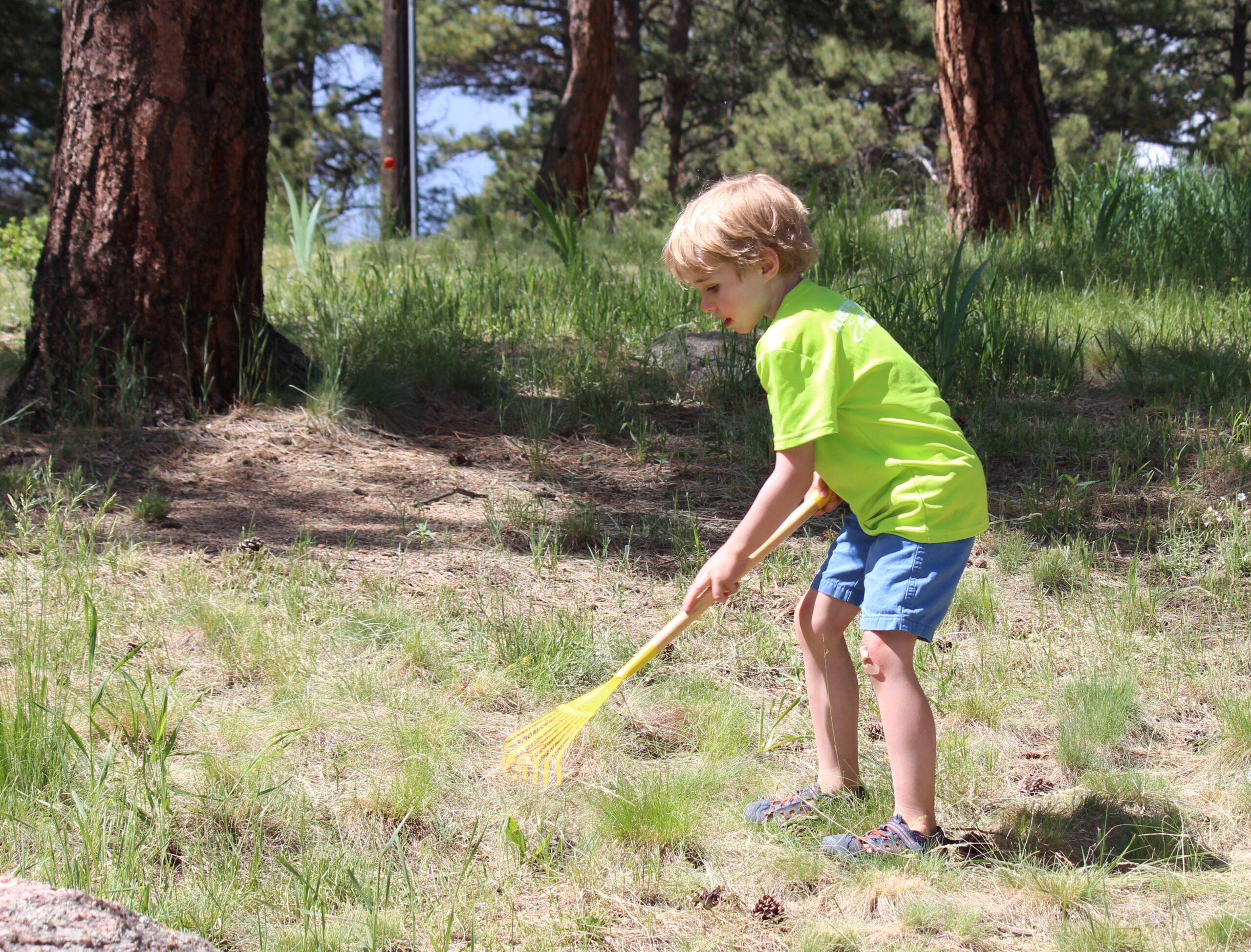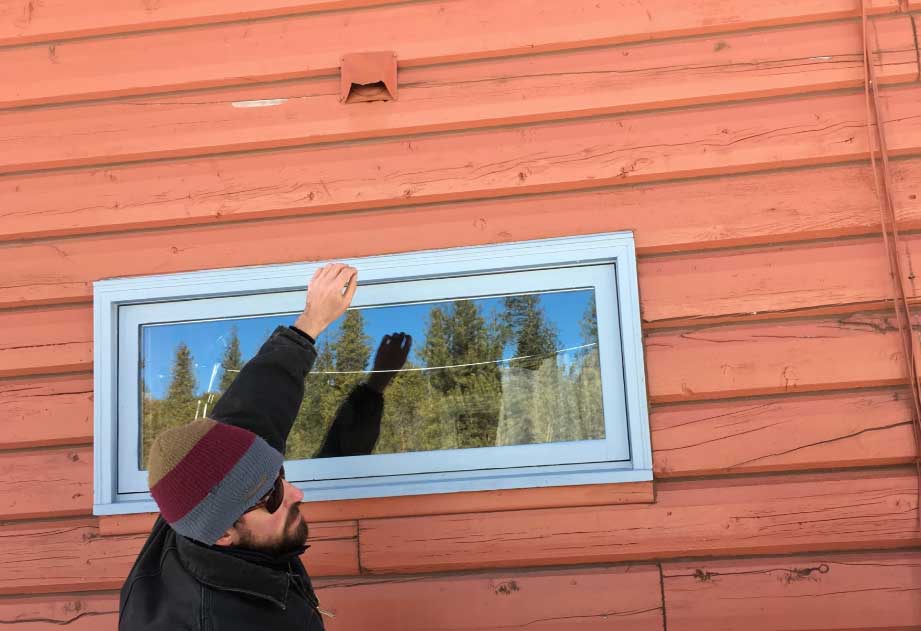
Set Yourself Up for Success
One of the easiest ways to improve outcomes during a catastrophic wildfire is to prepare for an event in case it does happen. History tells us that wildfires will happen at any time and in any location within Boulder County, so consider the following preparedness measures before it’s too late:
Store documents in the cloud or off-site on an external drive.
- Scan important documents and photos.
- Make sure to have an electronic copy of your insurance policy.
Keep your homeowner’s insurance policy up to date.
- Check annually to make sure your coverage is adequate to rebuild.
- Conduct a home inventory and update it periodically.
Create a family evacuation plan.
- Factor in all family members including pets.
- Choose a meet-up spot in case you’re not all together and cell phones aren’t reliable.
Can you help a neighbor?
- Are there teens or adults who don’t drive? Can you be their ride?
- Can your pet plan include swapping keys with a neighbor?
Keep up with mitigation!
- Be sure you’ve done all you can to prepare your home for a wildfire.
- The best time to start is yesterday. The second best time is today.
Learn more about what you can do to help reduce the impact of catastrophic wildfire.
When Red Flag Conditions Exist, Get Ready
What should you do on Red Flag days?
If you plan to leave your home, make sure to close all windows. This will help prevent smoke damage and ember incursion that can result in the spread of wildfire into your home.
If you’re leaving for the day, consider taking your pets and non-driving family members along. If that’s not practical, make sure there’s a plan in place in case something happens.

If You Sense Danger, Get Moving
- Don’t wait for an evacuation order to leave. If you feel unsafe or concerned, get out.
- Take a little extra time to pack and prepare if that feels smart.
- Consider spending a few spare moments helping a less independent neighbor.
- When you leave early, you’re helping eliminate gridlock in case an evacuation notice is given.
- If it turns out to be a false alarm, you can return later to a home that’s safe and secure.
